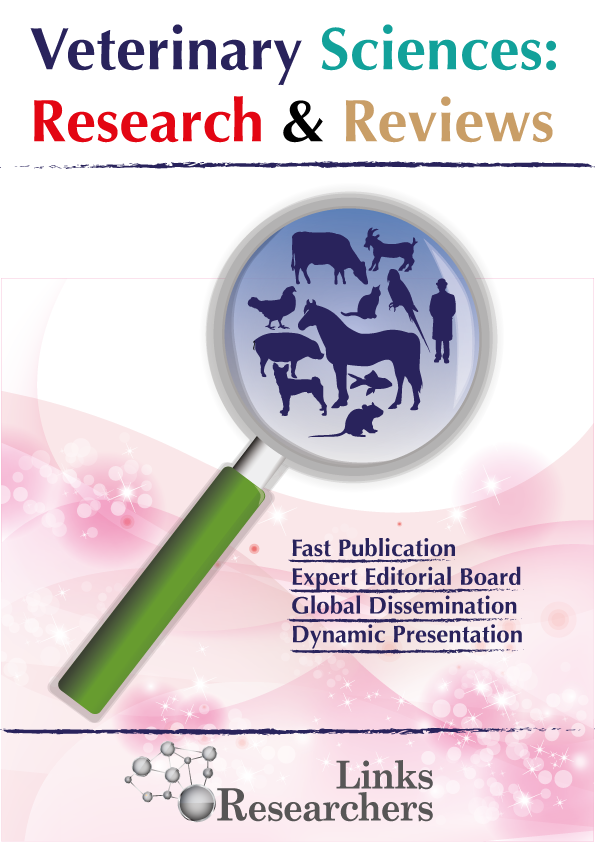African Swine Fever Virus Transmission Cycle in Nigeria: Assessment of Domestic Pig-Soft Tick Contact through Detection of Antibodies against Ornithodoros moubata Salivary Antigen TSGP1
African Swine Fever Virus Transmission Cycle in Nigeria: Assessment of Domestic Pig-Soft Tick Contact through Detection of Antibodies against Ornithodoros moubata Salivary Antigen TSGP1
Pam D Luka, Frank N Mwiine, Bitrus Yakubu, Joseph Erume, Ricardo Pérez-Sánchez, Hermann Unger and David Shamaki
ABSTRACT
African swine fever (ASF) is a contagious viral disease of pigs with severe consequences and a growing transboundary potential. The disease is caused by ASF virus (ASFV), the only DNA virus with an arthropod vector of the genus Ornithodoros, involved in its transmission. Tick involvement has been reported in Europe, East and Southern Africa to be part of ASFV transmission cycles. Ticks in an ASFV infected area have been reported to influence the emergence of genetic variation and long-term persistence of the virus in an area. Since the first report of ASF in Nigeria, periodic outbreaks have continued to occur among domestic pigs with a few incidences in wild pigs. However, to investigate the risk of a tick-domestic pig transmission cycle in Nigeria, 3,288 serum samples were collected from domestic pigs from 10 states and analysed for anti-tick antibodies using the recombinant TSGP1 indirect ELISA. Of the samples analysed, 13.4% (442/3,288) showed moderate to high reactivity, suggestive of domestic pigs’ exposure to tick-bite. Antibody reactivity’s were found in eight of the 10 states studied and all the states have favourable climatic conditions for soft ticks’ survival and national parks harbouring wild swine (warthogs) able to maintain the developmental cycle of these ticks. This provides some evidence of interaction between the host and the vector within the Nigeria’s ecosystem. This finding provides a guide for further studies to establish their role in the epidemiology of ASF and additional effort towards understanding the ecology of Ornithodoros ticks in Nigeria.
To share on other social networks, click on any share button. What are these?





